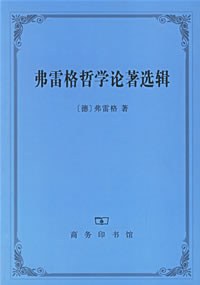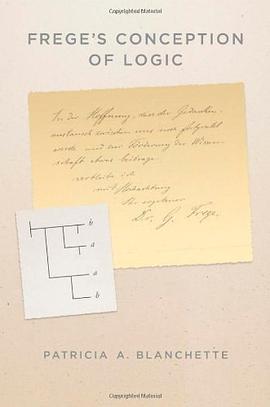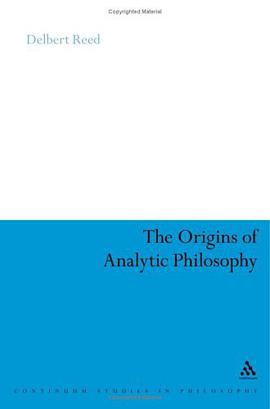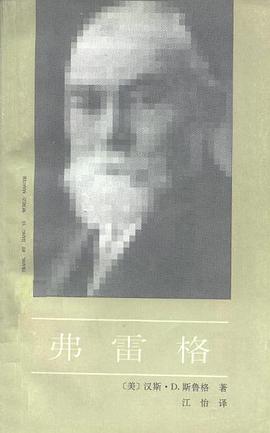“tag:frege”
The Frege Reader [图书] 豆瓣
作者:
Gottlob Frege
/
ed.MIchael Beaney
John Wiley & Sons
1997
- 5
This is the first single-volume edition and translation of Frege's philosophical writings to include all of his seminal papers as well as substantial selections from all three of his major works. It is intended to provide the essential primary texts for students of logic, philosophical logic, philosophy of language, and philosophy of mathematics. It contains in particular Frege's four papers "Function and Concept", "On Concept and Object", "On Sense and Reference", and "Thought", and new translations of key parts of the Begriffsschrift, The Foundations of Arithmetic, and the Basic Laws of Arithmetic. The editor's substantial introduction provides the reader with an overview of the significance and development of Frege's philosophy, while the footnotes, appendices and glossary facilitate understanding of some of the more difficult elements of Frege's thought.
Frege's Conception of Logic [图书] 豆瓣
作者:
Blanchette, Patricia A.
2012
- 4
In Frege's Conception of Logic Patricia A. Blanchette explores the relationship between Gottlob Frege's understanding of conceptual analysis and his understanding of logic. She argues that the fruitfulness of Frege's conception of logic, and the illuminating differences between that conception and those more modern views that have largely supplanted it, are best understood against the backdrop of a clear account of the role of conceptual analysis in logical investigation. The first part of the book locates the role of conceptual analysis in Frege's logicist project. Blanchette argues that despite a number of difficulties, Frege's use of analysis in the service of logicism is a powerful and coherent tool. As a result of coming to grips with his use of that tool, we can see that there is, despite appearances, no conflict between Frege's intention to demonstrate the grounds of ordinary arithmetic and the fact that the numerals of his derived sentences fail to co-refer with ordinary numerals. In the second part of the book, Blanchette explores the resulting conception of logic itself, and some of the straightforward ways in which Frege's conception differs from its now-familiar descendants. In particular, Blanchette argues that consistency, as Frege understands it, differs significantly from the kind of consistency demonstrable via the construction of models. To appreciate this difference is to appreciate the extent to which Frege was right in his debate with Hilbert over consistency- and independence-proofs in geometry. For similar reasons, modern results such as the completeness of formal systems and the categoricity of theories do not have for Frege the same importance they are commonly taken to have by his post-Tarskian descendants. These differences, together with the coherence of Frege's position, provide reason for caution with respect to the appeal to formal systems and their properties in the treatment of fundamental logical properties and relations.
Origins of Analytic Philosophy [图书] 豆瓣
作者:
Reed, Delbert
2008
- 1
While the relationship between Kant and other major figures in early analytic philosophy, such as Russell, G. E. Moore, and Rudolf Carnap, has been the subject of full length studies, no such work yet exists on the relationship between Kant and Frege. The Origins of Analytic Philosophy Kant and Frege addresses this gap in our understanding of the origins of early analytic philosophy. Its concern is to chart the nature and significance of Frege's break with Kant over the question of whether arithmetic is a synthetic a priori or an analytic a priori science. In rejecting Kant's claim that arithmetic is an a priori synthetic science, Frege returns to a conception of the scope and power of pure reason that shows important similarities to the philosophical outlook of Kant's great predecessor and philosophical opponent Gottfried Leibniz.Delbert Reed shows how, in his attempts to establish the foundations of arithmetic on analytic principles, Frege developed many of the tools, concerns and problems that would dominate the development of analytic philosophy in the 20th century.




